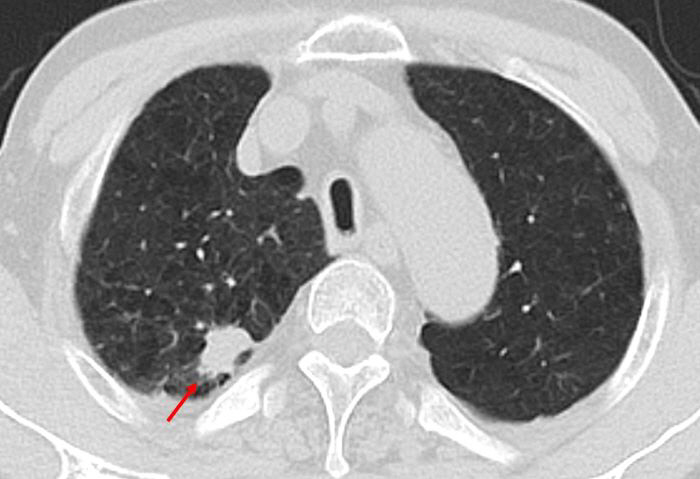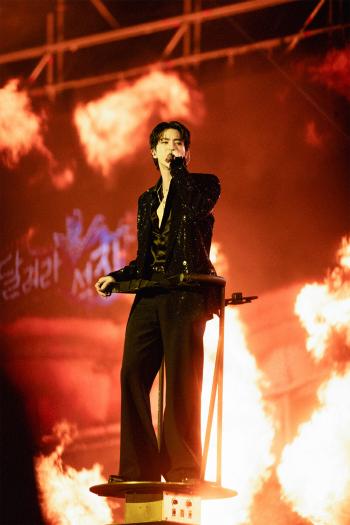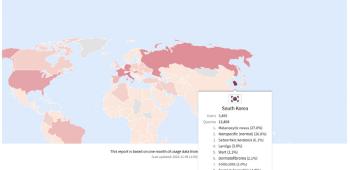Men Over 70 Years Old Confirm Early Detection Of Lung Cancer With Low-Dose CT
Aug 20, 2025
|
However, a domestic research team recently confirmed that even older people aged 70 or older can detect lung cancer early with a single low-dose CT scan
Professor Seung-Hoon Jang of the Department of Respiratory Medicine at Hallym University Sacred Heart Hospital, Professor Hye-rin Kang of the Department of Respiratory Medicine at Dongtan Sacred Heart Hospital at Hallym University, and Professor Chun-Taek Lee of the Department of Respiratory Medicine at Seoul National University Bundang Hospital confirmed this fact in the study of Single-Round LDCT Screening in Men Aged ≥ 70 Years: Prevalence of Pulmonic Nodules and Lung Cancer Detection.
From 2010 to 2023, the research team conducted one low-dose chest CT scan on 1,409 veterans aged 70 or older and followed up for a median of 3.6 years (half of the participants followed over that period). Through this, the presence or absence of lung nodules and lung cancer, the stage and histological classification (subtype) of lung cancer, and treatment methods were analyzed. The average age of the subjects was 74.2 years, and 93% were current smokers or had past smoking experience.
As a result of the analysis, lung nodules were found in 55.8% (786 people), more than half of the total subjects, of which 12.7% (179 people) were benign lung nodules. Although benign lung nodules are not cancerous (malicious), only a few are diagnosed with lung cancer or may increase in size and progress to lung cancer, requiring follow-up. As a result of proper follow-up of positive lung nodule patients, 2.2% (31 patients) were diagnosed with lung cancer.
The average duration from low-dose chest CT to lung cancer diagnosis was 9.3 months, less than a year. This meant that lung cancer found in the elderly could progress more aggressively and rapidly. In addition, smoking status was correlated with lung cancer diagnosis. Currently, the lung cancer diagnosis rate of smokers was 3.6% (16 people), which was higher than that of non-smokers 1.9% (2 people) and past smokers 1.5% (13 people).
Lung cancer stage was 48% (15 patients) in the first stage, 13% (4 patients) in the second stage, 16% (5 patients) in the third stage, and 23% (7 patients) in the fourth stage. More than half (61%) were found to be in the early stage of lung cancer (1?2), and they were able to detect cancer relatively early and receive surgical treatment. In addition, 90% of all patients diagnosed with lung cancer received appropriate treatment for the stage, such as chemotherapy and radiation therapy.
Professor Kang Hye-rin "This study confirmed that a single low-dose chest CT scan in elderly people can have practical effects that enable early detection of lung cancer and proper treatment."The age of national lung cancer screening is currently limited to those under 74, but it suggests that early detection and active treatment of lung cancer are sufficiently possible even at the age of 75 or older."
Professor Seung-Hoon Jang said "Low-dose chest CT scans can be a very useful tool, especially for older patients with lung cancer high-risk factors such as smoking history, COPD, and emphysema."This study is expected to contribute to improving lung cancer screening policies and reducing lung cancer mortality among the elderly in the future."
The study was recently published in the SCIE-level international journal 'Cancers'.
|
This article was translated by Naver AI translator.















